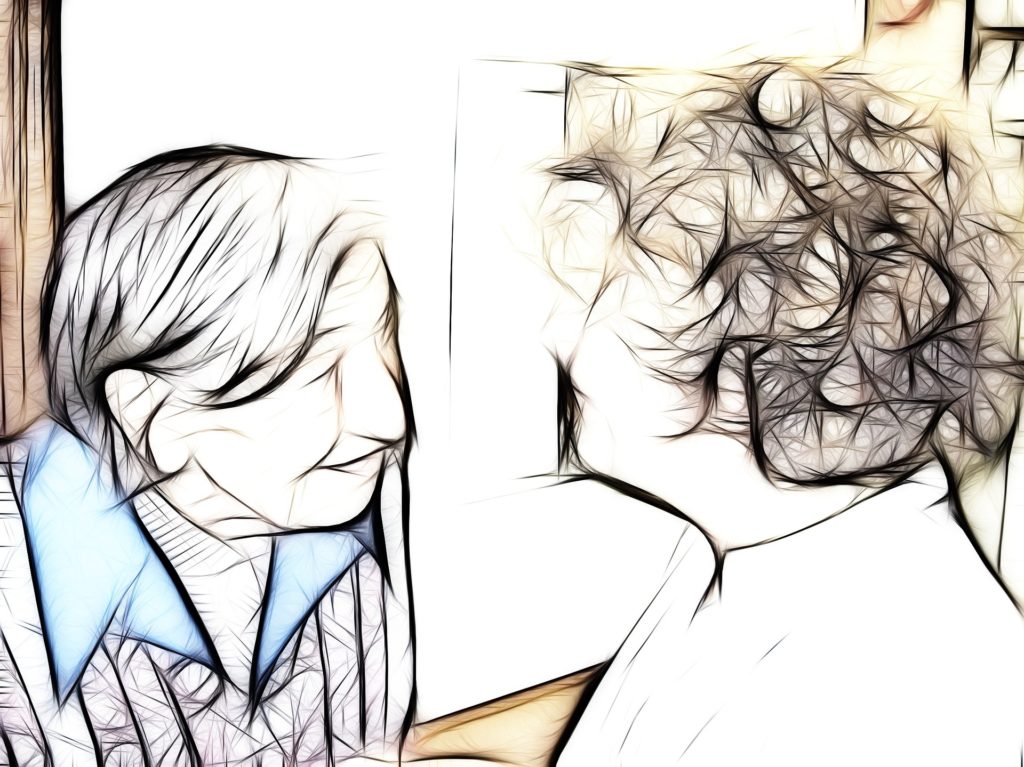
The Guardian
A guardianship is a legal designation in Massachusetts that allows another person to act in the best interests of a person who is incapacitated. The guardianship process is complex and is best navigated with the assistance of an attorney with experience in the Probate and Family Court. Contact our offices for assistance if you think that a guardianship may be what you require.
Who Can Be Appointed as a Guardian in Massachusetts?
Essentially any competent person can be appointed as a guardian for a person in need of such assistance, however, there are some restrictions. The Massachusetts Probate and Family Court will not appoint guardianship to the following:
- A person currently under investigation
- A person with pending assault and battery charges where the allegation is against the incapacitated person
- A person currently under investigation for neglect of the incapacitated person
Types of Incapacitation
What Constitutes ‘Incapacitated’ in Guardianship?
For a person to be considered incapacitated, the decision-making ability of that person must create a risk to the health, safety or self-care of that person. Advanced age or minority (at least in this context) will not be the basis for the guardianship petition. In addition, the person must have a diagnosis that makes them unable to receive and evaluate information or unable to communicate decisions.
What Constitutes an ‘Intellectually Disabled Person’?
Individuals with an IQ below 70, which is what would be considered significantly below the average IQ would be considered intellectually disabled in Massachusetts when this occurs in combination with limitation in 2 or greater adaptive skills, e.g., communication, social skills, health, self-care and safety.
Mental Illness
When the individual has severe difficulty with thoughts, moods, daily functioning, feelings, and ability to relate to others making daily functioning difficult, the Probate and Family Court in Massachusetts may appoint a guardian.
Special Circumstances
Where an elderly parent suffers from a degenerative diagnosis and is unable to provide consent to a given treatment or must be placed in a nursing home or facility, the court may award guardianship. Additionally, where a traumatic brain injury (TBI) has occurred or a child with a disability is about to become 18 years of age, the court may award guardianship.
Guardianships in Massachusetts can be somewhat complicated with respect to the volume of the documentation that must be filed with these petitions. Moreover, the procedural aspects of a guardianship petition are challenging in that they may involve submitting certain motions to the court requesting necessary changes to a current guardianship, and other issues. If you are considering a guardianship for a loved one in Massachusetts, please feel free to call or email our office and we will be happy to help. Attorney Gaudet is a registered nurse and respiratory therapist as well as an attorney and has worked in the medical field for nearly two decades and understands the challenges facing loved ones attempting to navigate the health care system.
DISCLAIMER: The information provided in the pages and posts of this website are for general informational purposes only. The information presented on this site is not legal advice, and no attorney-client relationship is formed by the use of this site.

